Climate change like a cancer that needs urgent treatment, says Bhutan’s PM
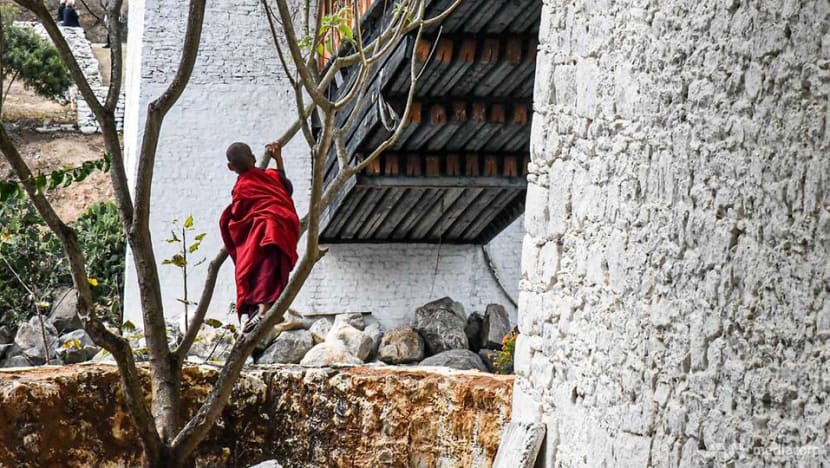
The future of Bhutan is being threatened by global climate change. (Photo: Jack Board)
THIMPHU: Bhutan’s Prime Minister Lotay Tshering, a practicing surgeon on weekends, has compared the global effects of climate change to cancer that without urgent action will become an incurable disease.
In an exclusive interview with CNA, Dr Tshering said he was “disappointed” by the lack of action being taken by the rest of the world, as more impacts start to be felt by the mountainous developing nation.
“The evidence is clear out there. If we, the decision makers, don’t listen to this, at some point, the Earth will suffer from an incurable disease. We don’t want to wait that long,” he said.
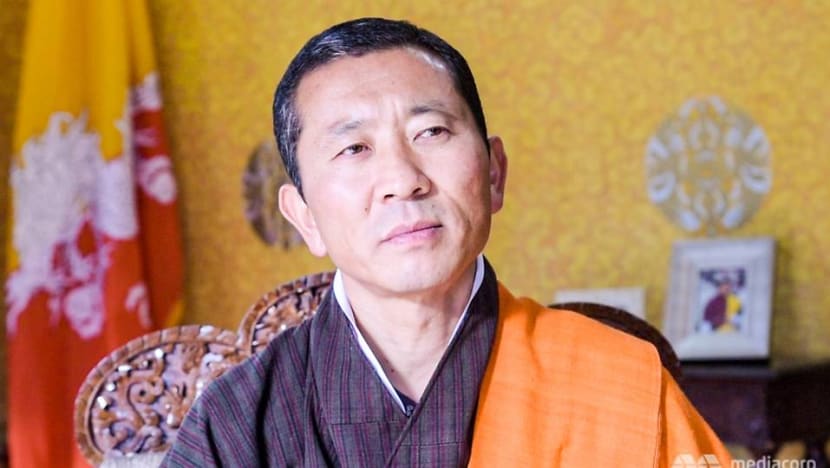
Bhutan, a kingdom of about 800,000 people, has for decades been a champion for environmental policy and action.
It is the only carbon negative country in the world, absorbing about four times as much emission as it produces. Through its exported renewable energy, it can offset millions of additional tonnes of carbon dioxide.
“For us, we get a lot of satisfaction from it because we know this is the right thing to do. But when the bigger economies who could afford to do it are not doing it, it really disappoints you,” he said.
“We are just a drop on the world map and greenhouse gases do not need passports or visas to cross geographical boundaries. If bigger nations did a bit of what we are doing, probably we wouldn’t be talking about climate change so much.”
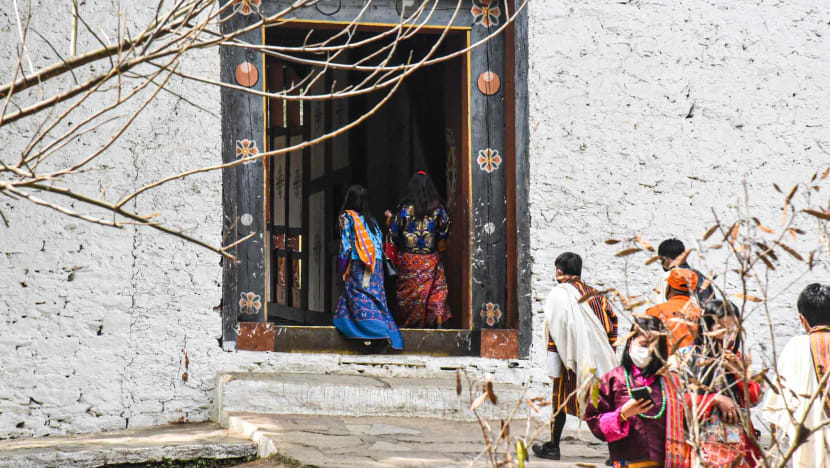
Care for the natural world is enshrined in the country’s constitution, which mandates that at least 60 per cent of the country forever remain under forest cover.
At present, that number is 72 per cent - vast swathes of protected trees providing a major carbon sink for the region, while Bhutan remains a low-emission nation irrespective, with no major polluting industry and a small, rural and mostly subsistence-reliant population.
As a consequence of a decades-long focus on preserving the environment, Dr Tshering says, Bhutan has suffered economically.
The country’s coal reserves sit mostly untouched. Legal clamps were placed on the timber industry in the late 1970s and heavy investment has gone into renewable energy sources.
It is a price the people of Bhutan are willing to pay, he believes.
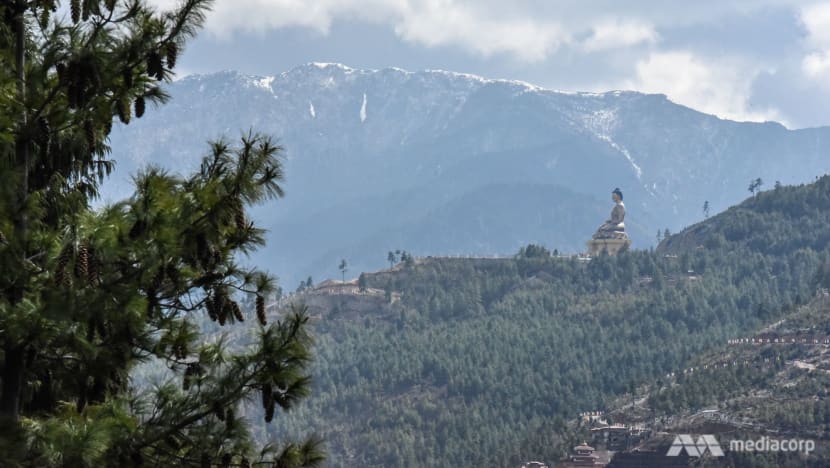
“We are economically disadvantaged. It limits our economic growth a bit. But politically, myself, my government, and the people of Bhutan are okay with this because now we are becoming more and more clear that this is the way forward. It’s not for the short term but for generations to come,” he said.
“I don’t think there’s any debate on this. The only way forward is we all must agree, be willing to sacrifice a little bit now more from an economic point of view.”
Bhutan’s economy is heavily reliant on hydropower, which it exports principally to neighbouring India. Largely due to this electricity development and the export relationship with India, the country “maintains solid growth and macroeconomic stability”, according to an analysis by the World Bank.
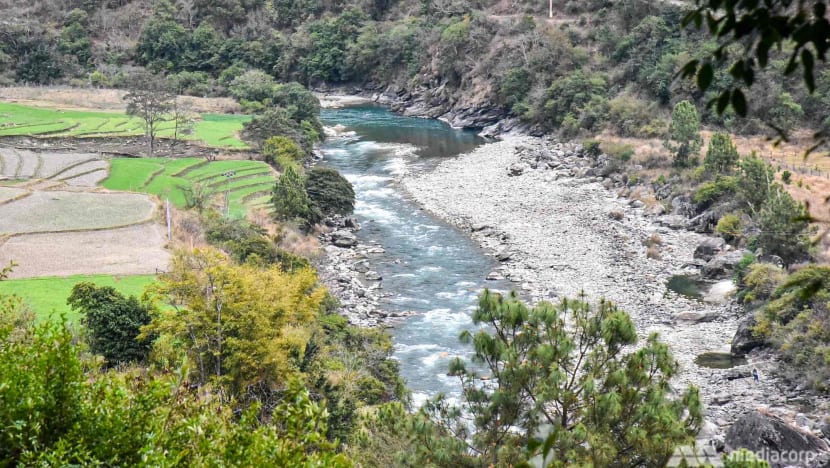
However, the sustainability and viability of hydropower is under genuine threat from climate change.
Bhutan has relied on less environmentally-impactful, run-of-the-river hydropower operations but intends to invest in larger reservoir dam projects in the near future - starting with the massive Sankosh Hydroelectric Project.
It is a concession that the climate cannot be relied upon to deliver consistent rainfall and river flow, which the dams require to produce electricity.
“(The) hydropower we have is very highly climate dependent. We have realised this and we are a little worried,” Dr Tshering said.
READ: Southeast Asia’s hydropower boom grinds to a halt as COVID-19 stalls projects
READ: 'The colour is blue’ - Strange changes to Mekong River as hydropower dams and climate change make their mark
All national policies are screened through the country’s Gross Happiness Commission, including those related to climate change, and the prime minister says there is a very high threshold for large projects being commissioned, regardless of economic need.
“As a country, we need to move forward and we need to balance everything along with economic development. We’d like to go ahead with hydropower with all the environmental assessments done properly. If it is not going to be viable, we will not go ahead, that is very clear,” he stated.
“We’d like to start (with Sankosh) and then see how it does for the next decade or so. If climate change becomes more dependable, if it settles down a bit, we can embark on the next project. We have to be very careful with this.”
And while other countries are investing heavily in mitigation, Dr Tshering says Bhutan must push for preventing climate change from getting worse, given it has few resources to protect itself.

READ: Commentary - The coronavirus could take climate action with it
“The biggest problem here is we have been trying very hard but we are hit very hard. That is the paradox here,” Dr Tshering said.
“We’re under constant threat and that is the most unfair part when I say we’re a little disappointed. How much ever we try, we poorer countries are affected disproportionately. That’s a big concern on our part. But there’s nothing much we can do.
“We have done our best by being where we are today, yet we have to face this. That is the irony of life. I find it totally unfair.”
Geographically edged between global superpowers China and India, and being a small player in international negotiations, Dr Tshering said he does not expect the world to sit up and heed his advice or philosophy.
Nor will he “waste time” trying to convince world leaders who take an alternative path on climate change action.
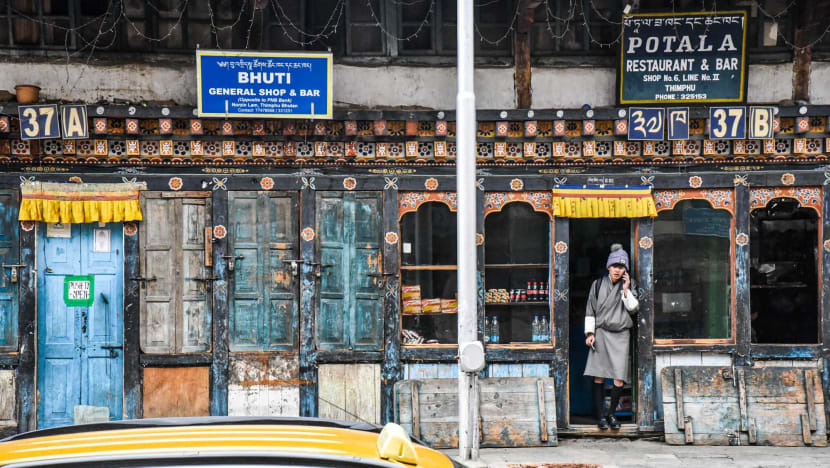
“Historically, traditionally, culturally and emotionally, we have been climate champions. Not because of all these climate issues. For centuries we have been very environmentally friendly,” he said.
“There is no Bhutan stand on this. If world leaders all agree on the fact that this is inevitable, if they agree that this is real, if they all agree that a stage-one cancer if not treated will go on to progress onto stage two or three and will be incurable one day, if they know they have no choice, then they will act now.
“World leaders who believe there is a choice, probably they will act when it’s too late.”
Delve deeper, read our special coverage on climate change here: cna.asia/climatechange














